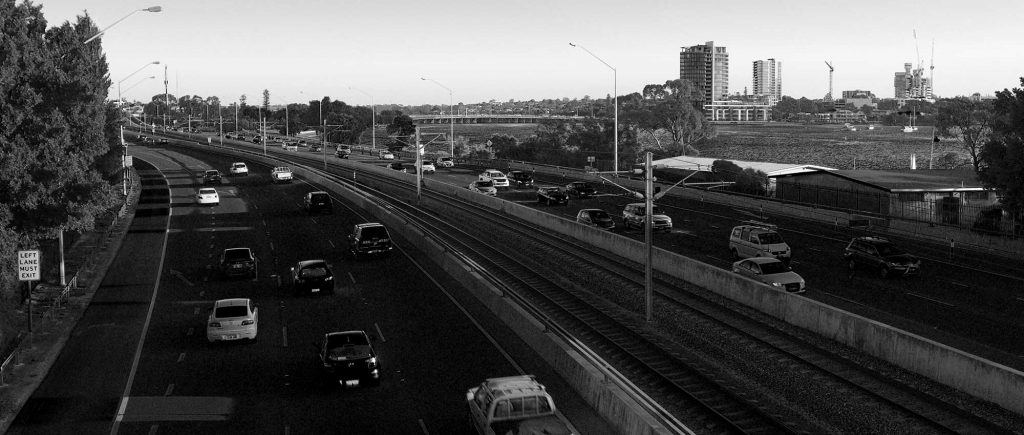During the early 1840s, Western Australia experienced its first modern economic boom. This both contributed to and was fed by a sudden expansion in the white settler population. Between 1837 and 1843 the European population doubled.
While that sounds impressive, consider this: The total population in 1837 was only 2,025 men, women and children. There might have been 60 or 70 additional soldiers, but they were not included in the settlement’s census, neither were the First Nations people living about them.
To put this in a context that the settlers of that day would well understand, during the Napoleonic war fought a generation or so before, ships-of-the-line, the mightiest ships of the day could easily carry a compliment of over one thousand fighting men as crew. Admiral Nelson’s flag ship HMS Victory carried a crew of 821 into the battle of Trafalgar during 1803 (but this is perhaps not the best example as there were considerably fewer of that number left after the battle).
The crew of the L’Orient, French flag ship during the Battle of the Nile (1798) fared even worse, exploding in the heat of the moment. She had a compliment of 1,130, but how many of those died or were even on board at the time is still a debated point.

The Destruction of ‘L’Orient’ at the Battle of the Nile, 1 August 1798 by George Arnald
What point that is attempting to be made is that even after doubling, the entire settler population of Western Australia could have fitted on as little as four of such ships. After the boom ended in 1843 the settler population contracted a little. Serious debate was held around that time about abandoning the colony. I don’t believe that could ever have happened, but if it had happened, this was the last moment it could practically have occurred.
After the 1840’s boom, as it had been before, and as it has remained ever since — over half the colony’s settler population lived in and around the capital city of Perth. The modern entity of Western Australia predominantly was, and always has been, an urban civilisation. This is not a value judgment. It is a historial fact that at times has proved politically inconvenient for our own self image and the reality of how most of us now live.



Andrew Duckworth
Good work again Alan; keep em coming…